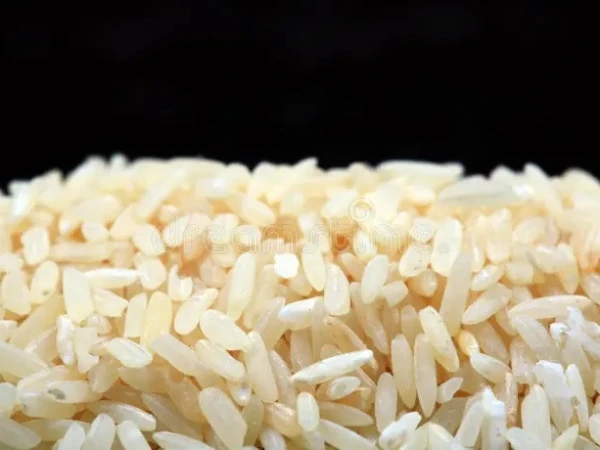پاک فوج کے بیڑے میں شامل ہونے والا جدید Z-10ME اٹیک ہیلی کاپٹر متعدد جنگی خصوصیات کا حامل ہے. ا ا ا
پاک فوج کے بیڑے میں شامل ہونے والا جدید Z-10ME اٹیک ہیلی کاپٹر متعدد جنگی خصوصیات کا حامل ہے. 

ا

ا


ا

See less




Lost your password? Please enter your email address. You will receive a link and will create a new password via email.
Sorry, you do not have permission to ask a question, You must login to ask a question.
Please briefly explain why you feel this question should be reported.
Please briefly explain why you feel this answer should be reported.
Please briefly explain why you feel this user should be reported.
"Embark on a journey where knowledge meets curiosity! Nuq4.com is a hub for passionate individuals to share their wisdom, fostering a vibrant community of diverse perspectives. Join us in the exchange of insights, where every voice has the power to enlighten and empower."
پاک فوج کے بیڑے میں شامل ہونے والا جدید Z-10ME اٹیک ہیلی کاپٹر متعدد جنگی خصوصیات کا حامل ہے. ا ا ا
پاک فوج کے بیڑے میں شامل ہونے والا جدید Z-10ME اٹیک ہیلی کاپٹر متعدد جنگی خصوصیات کا حامل ہے. 

ا

ا


ا

See less
پاکستان میں ڈرامہ انڈسٹری سے وابستہ بیشتر لوگوں نے اِس تاثر کو مسترد کیا ہے کہ ترکی کے ڈراموں سے مقامی انڈسٹری کو کوئی خطرہ ہے.
پاکستان میں ڈرامہ انڈسٹری سے وابستہ بیشتر لوگوں نے اِس تاثر کو مسترد کیا ہے کہ ترکی کے ڈراموں سے مقامی انڈسٹری کو کوئی خطرہ ہے.





پاکستان کے مختلف میڈیا چینلزز ملک میں ریٹنگ کے غیر مصدقہ نظام کو انڈسٹری کے زوال کا ذمہ دار قرار دیتے رہے ہیں۔
پاکستان کے مختلف میڈیا چینلزز ملک میں ریٹنگ کے غیر مصدقہ نظام کو انڈسٹری کے زوال کا ذمہ دار قرار دیتے رہے ہیں۔




ملک میں انگریزی چینلز کی ضرورت ہے تاکہ بین الاقوامی دنیا کے سامنے اسلام آباد کا مؤقف رکھا جا سکے۔
ملک میں انگریزی چینلز کی ضرورت ہے تاکہ بین الاقوامی دنیا کے سامنے اسلام آباد کا مؤقف رکھا جا سکے۔




حاصل کرنے کا طریقہ کیا؟ جانیے : بحرین نے پاکستانی شہریوں کیلئے ویزا حاصل کرنے کا آسان طریقہ متعارف کرا دیا ہے

: بحرین نے پاکستانی شہریوں کیلئے ویزا حاصل کرنے کا آسان طریقہ متعارف کرا دیا ہے
مسعود پزشکیان صدر آصف علی زرداری اور وزیراعظم شہباز شریف سمیت دیگر شخصیات سے ملاقاتیں کریں
مسعود پزشکیان صدر آصف علی زرداری اور وزیراعظم شہباز شریف سمیت دیگر شخصیات سے ملاقاتیں کریں 
جامعات کا بنیادی کام ملک، قوم اور انڈسٹری کی ترقی میں اپنا کردار ادا کرنا ہے، ڈاکٹر محمد علی
جامعات کا بنیادی کام ملک، قوم اور انڈسٹری کی ترقی میں اپنا کردار ادا کرنا ہے، ڈاکٹر محمد علی

انڈین ڈرامہ ’کیونکہ ساس بھی کبھی بہو تھی‘ پہلی مرتبہ ٹی وی سکرین پر سنہ 2000 کی دہائی کے وسط میں نشر ہوا تھا
انڈین ڈرامہ ’کیونکہ ساس بھی کبھی بہو تھی‘ پہلی مرتبہ ٹی وی سکرین پر سنہ 2000 کی دہائی کے وسط میں نشر ہوا تھا




پریشان ہونے کی ضرورت نہیں کیونکہ اس تحریر میں آپ کو تجدید کا انتہائی آسان طریقہ اور مرحلہ وار بیان کیا جا رہا ہے.
پریشان ہونے کی ضرورت نہیں کیونکہ اس تحریر میں آپ کو تجدید کا انتہائی آسان طریقہ اور مرحلہ وار بیان کیا جا رہا ہے.